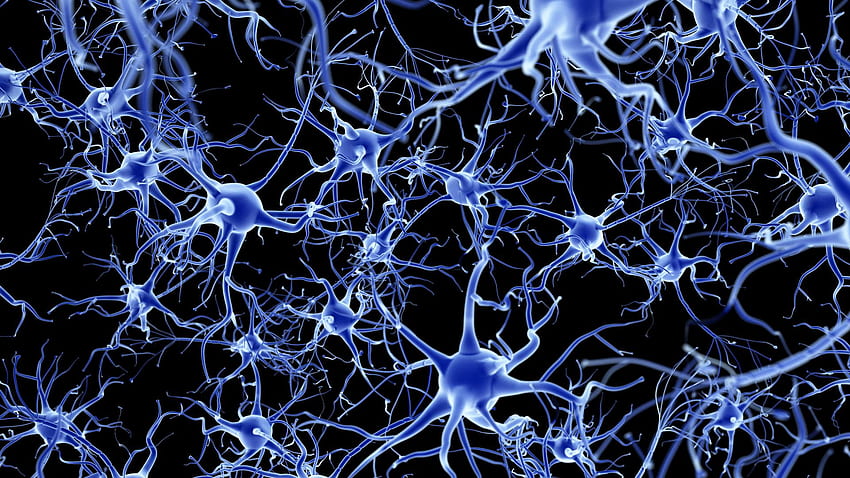Right now, it’s a fact that electrophysiology plays a critical role in shaping patient health management and care planning. In this article, Evoke Neuroscience will discuss how electrophysiological studies powerfully influence patient care across multiple fronts.
Diagnosing Conditions With Electrophysiology
Electrophysiological studies are often the first step in patient care, providing crucial insights for diagnosis. For one, cardiac electrophysiology studies (EPS) analyze the heart’s electrical system to diagnose conditions like Arrhythmia. Some key investigations include Electrocardiograms (ECGs) and Holter Monitoring.
Other than that, electrophysiological studies, like Electroencephalograms (EEGs) or Nerve Conduction Studies (NCS), help diagnose conditions such as Epilepsy, Neuropathy, and Multiple Sclerosis.
Tests like Electromyography (EMG) measure electrical activity in muscles, aiding in identifying neuromuscular diseases. Lastly, electrophysiological studies often reveal hidden or asymptomatic conditions, allowing for early intervention and better patient outcomes.
Electrophysiology in Treatment Planning
Electrophysiological studies guide clinicians in designing the best care plan for patients. In diseases like Arrhythmia, electrophysiological studies help determine a patient’s risk level, informing decisions about aggressive intervention versus conservative management.
In conditions like Epilepsy, observations from an EEG help choose between medication, surgery, or alternative treatments like Vagus Nerve Stimulation. Lastly, regular electrophysiological studies help assess the effectiveness of treatment and guide adjustments to the care plan.
Electrophysiology in Long-Term Health Management
The role of electrophysiology extends beyond initial diagnosis and treatment planning to influence long-term health management. Devices like Implantable Cardiac Monitors (ICMs) keep track of a patient’s heart rhythm over the long term, allowing for adjustments in treatment strategies as necessary.
Also, Evoke Neuroscience insight from electrophysiological studies can inform lifestyle recommendations – for instance, stress management techniques for patients with arrhythmia. Lastly, for conditions like stroke or spinal cord injury, electrophysiological studies assess neural damage and recovery, influencing rehabilitation strategies.
A Catalyst for Patient-Centric Care
And finally, electrophysiology brings a powerful toolkit to the fore. By understanding individual differences in electrical activity, electrophysiology can tailor therapies to each patient’s unique needs. Equipped with insights from electrophysiological studies, patients can make the needed decisions about their health, fostering a collaborative patient-doctor relationship.
